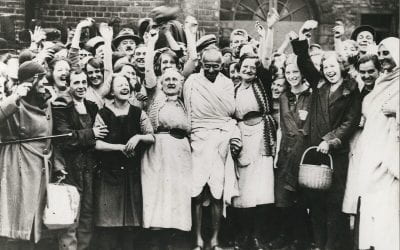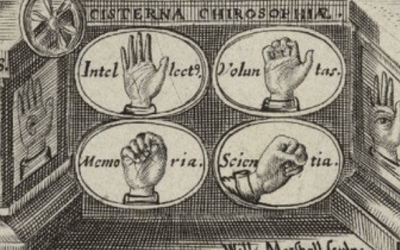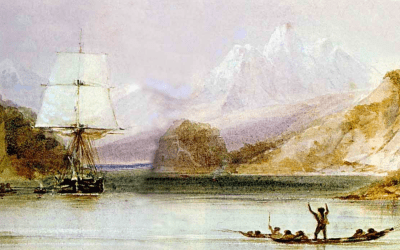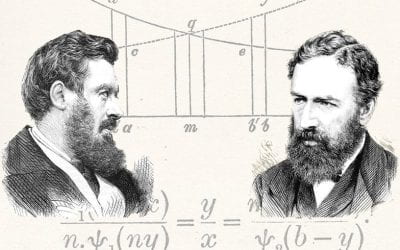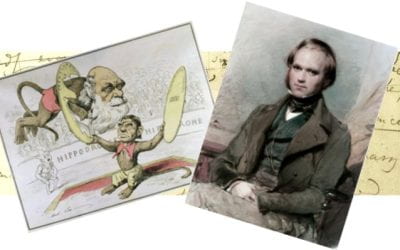Alison Winter Lecture Series
Alison Winter, Professor of History and Conceptual and Historical Studies of Science at the University of Chicago, was the Director of the Nicholson Center from 2013 until her death in 2016. To honor her memory and to continue her work, the Nicholson Center established a series of annual lectures.
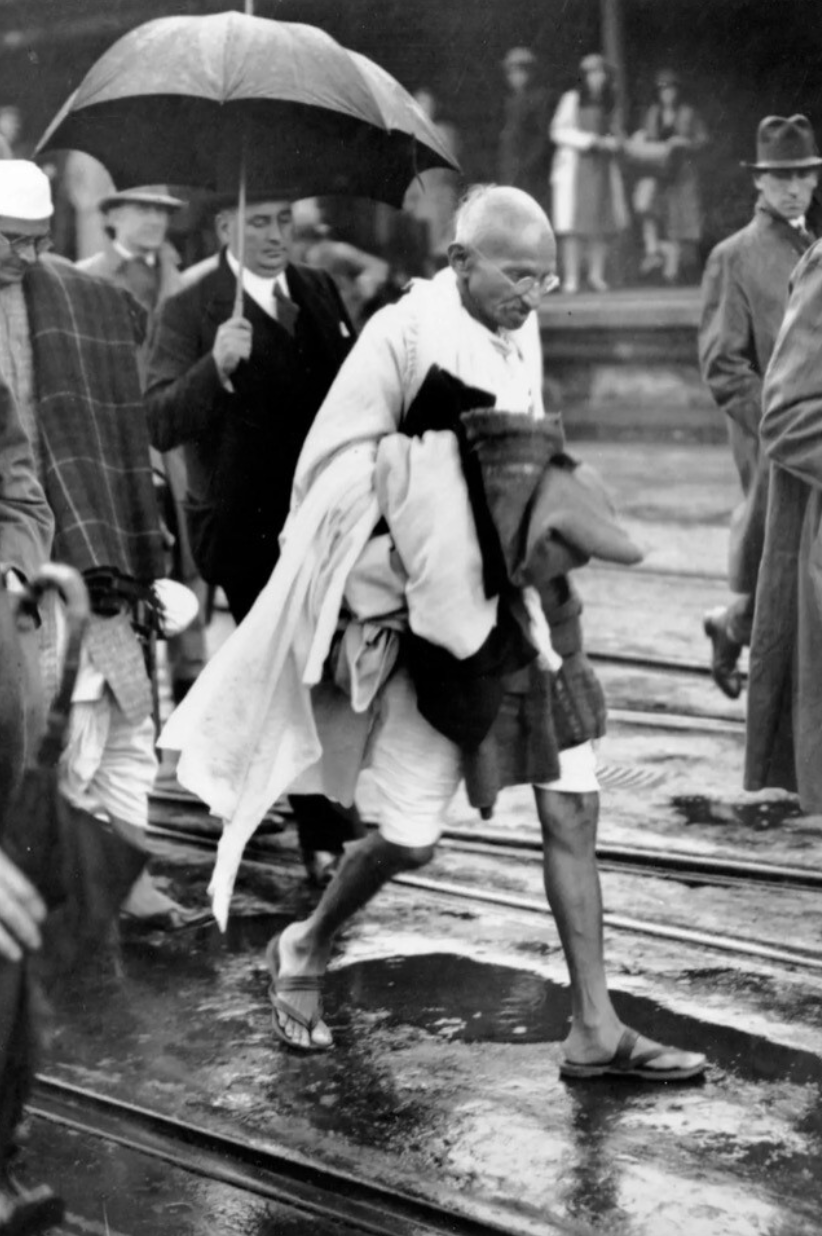
"Gandhi and Late Victorian Radicalism," Professor Karuna Mantena, November 16th at 4pm
Karuna Mantena specializes in political theory with research interests in the theory and history of empire, South Asian intellectual history, and postcolonial democracy. Karuna holds a B.Sc.(Economics) in International Relations from the London School of Economics (1995), an M.A. in Ideology and Discourse Analysis from the University of Essex (1996), and a Ph.D. in Government from Harvard University (2004). Her first book, Alibis of Empire: Henry Maine and the Ends of Liberal Imperialism (2010), analyzed the transformation of nineteenth-century British imperial ideology. She is currently finishing on a book on M. K. Gandhi and the politics of nonviolence, tentatively titled Gandhi’s Realism: Means and Ends in Politics. She is also co-director of the International Conference for the Study of Political Thought.
Alison Winter Lecture Series Events
Karuna Mantena, “Gandhi and Late Victorian Radicalism,” 2023-24 Alison Winter Lecture
“Gandhi would have been Gandhi even without Thoreau and Tolstoy.” Albert Einstein’s quip succinctly captures a persistent dilemma about tracking the intellectual origins of Gandhi’s political ideas – especially the origins of satyagraha or nonviolent resistance. Scholars are not only divided on how to weigh the “Western” versus “Indian” provenance of Gandhi’s ideas, but the very question is saturated by assumptions about Gandhi’s intellectual sophistication and/or originality as a thinker (or lack thereof). This lecture revisits the formative role of late Victorian radicalism on Gandhi’s politics and political thought to track more precisely the influence and legacy of movements like vegetarianism and thinkers like Tolstoy and Thoreau. In so doing, I hope also to show that in Gandhi’s case especially, the origins/influence paradigm should give way to a mode of reconstruction that foregrounds formative conjunctures of theory and practice.
Alison Bashford, “Reading Modern Hands,” 2022-23 Alison Winter Lecture
Alison Bashford Laureate Professor in History and Director of the Centre for History & Population University of New South Wales "Reading Modern Hands: The Disenchantment of Palmistry" Introduction by Fredrik Albritton Jonsson 27th April, 2023...
Ian Duncan, “Darwin’s Human History,” 2021-22 Alison Winter Lecture
2021-22 Alison Winter Lecture Ian Duncan (Professor and Florence Green Bixby Chair in English, University of California, Berkeley) “Darwin's Human History”
Mary Poovey, “Modeling and Its Discontents” — 2018-19 Alison Winter Lecture
2018-19 Alison Winter Lecture Mary Poovey (Emeritus Professor at New York University / Cultural Historian and Literary Critic) “Modeling and Its Discontents”
Janet Browne, “Darwin’s Afterlives: Recollection and the Making of Biography” — 2017-18 Alison Winter Lecture
2017-18 Alison Winter Lecture Janet Browne (Aramont Professor of the History of Science, Harvard University) “Darwin’s Afterlives: Recollection and the Making of Biography”
Simon Schaffner, “Time Machines and Memory Devices: Powers of Mind and Modern Histories” — 2016-17 Alison Winter Lecture
2016-17 Alison Winter Lecture Simon Schaffner (Professor of History of Science, University of Cambridge) “Time Machines and Memory Devices: Powers of Mind and Modern Histories”

